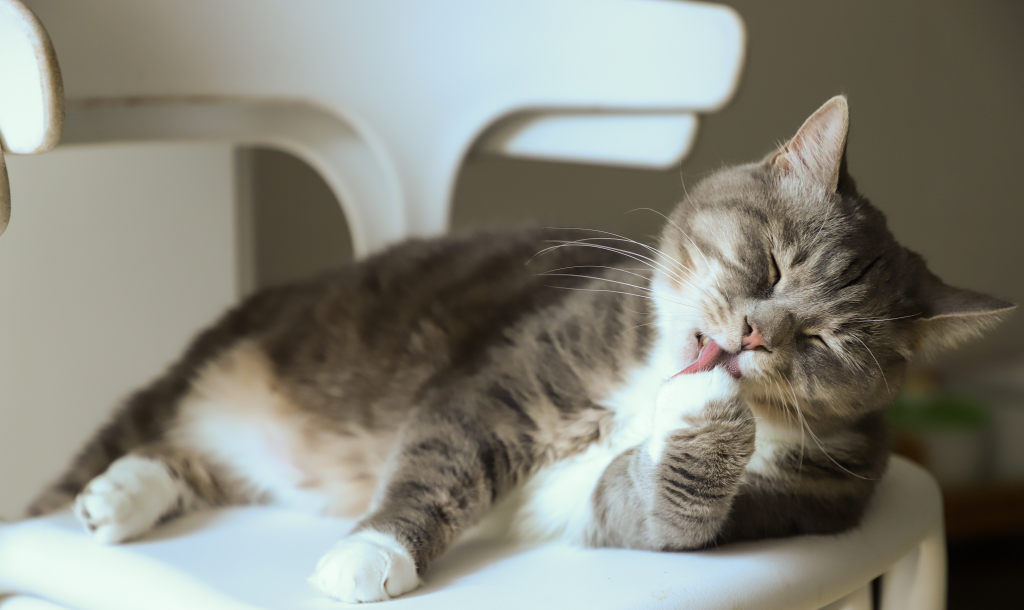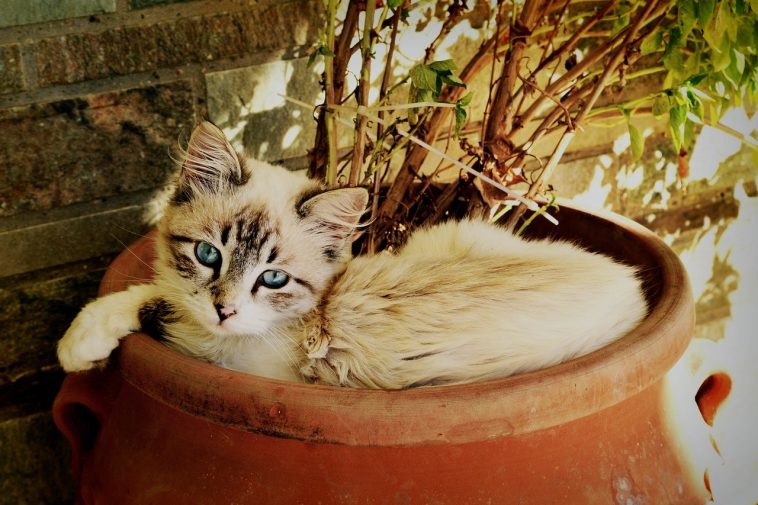Owning a cat comes with financial obligations that responsible cat owners must be prepared to meet. If you’re unable or unwilling to cover these costs, it might be best not to adopt a cat. However, if you’re committed to making necessary sacrifices for the joy of having a feline companion, you can still fulfill your dream.
It’s tempting to take in a free kitten or rescue a friendly stray, but if you can’t afford to provide for their basic needs, you’re not doing them any favors. Fortunately, there are options for cat lovers whose means don’t align with their affection for feline friends.
Basic Cat Needs

Cats have specific requirements that distinguish a well-cared-for pet from a stray on the streets. These needs include:
- High-quality food within your budget.
- A safe indoor environment, with exceptions.
- Spaying or neutering by a veterinarian.
- Core vaccinations administered by a veterinarian.
- An annual veterinary examination.
- Emergency veterinary care when your cat is unwell.
If you’re not ready to cover these expenses, cat ownership may not be feasible.
Costs of Cat Care

The costs associated with cat care vary based on factors such as location, cat size, age, and health. However, here are approximate estimates:
- Quality food: Monthly costs range from $15 to $30, similar to the price of dining out.
- Litter box and litter: Prices for litter boxes start at $6, and a 14-pound bag of quality cat litter costs around $17, lasting almost two months for one cat.
- Spaying or neutering: Costs vary but can be under $50 at low-cost clinics or over $200 at private veterinarians.
- Core vaccinations: Expect to pay $80 to $160 for the first-year series.
- Annual veterinary examination: This comprehensive checkup costs between $100 and $200.
- Emergency veterinary care: Costs vary widely, so it’s wise to set aside funds or consider pet insurance.
During Hard Times

Life may bring unexpected challenges that impact your ability to care for your cat. During such times, consider these cost-saving measures:
- Adjust cat food expenses by choosing budget-friendly options or supplementing premium food with grocery store brands.
- Explore alternative litter options like “chicken crumble” and purchase in bulk to reduce litter costs.
- Negotiate payment terms with your veterinarian, who may allow weekly or monthly installments.
- Borrow from family, friends, or your bank or request a temporary credit card limit increase.
- Sell or pawn possessions to generate extra funds.
The Tragic Consequences of Irresponsibility

Irresponsible pet ownership contributes to the euthanization of millions of cats and dogs in shelters each year. Millions more stray cats suffer and meet untimely deaths due to negligence. These tragic outcomes can be prevented by responsible pet ownership.
Consider Volunteering
If you’re passionate about cats but can’t afford their care, consider volunteering at a shelter instead of adopting. Most shelters rely on volunteers, and this selfless act allows you to help cats in need without taking on financial responsibilities. It’s a win-win situation for both you and shelter cats.



